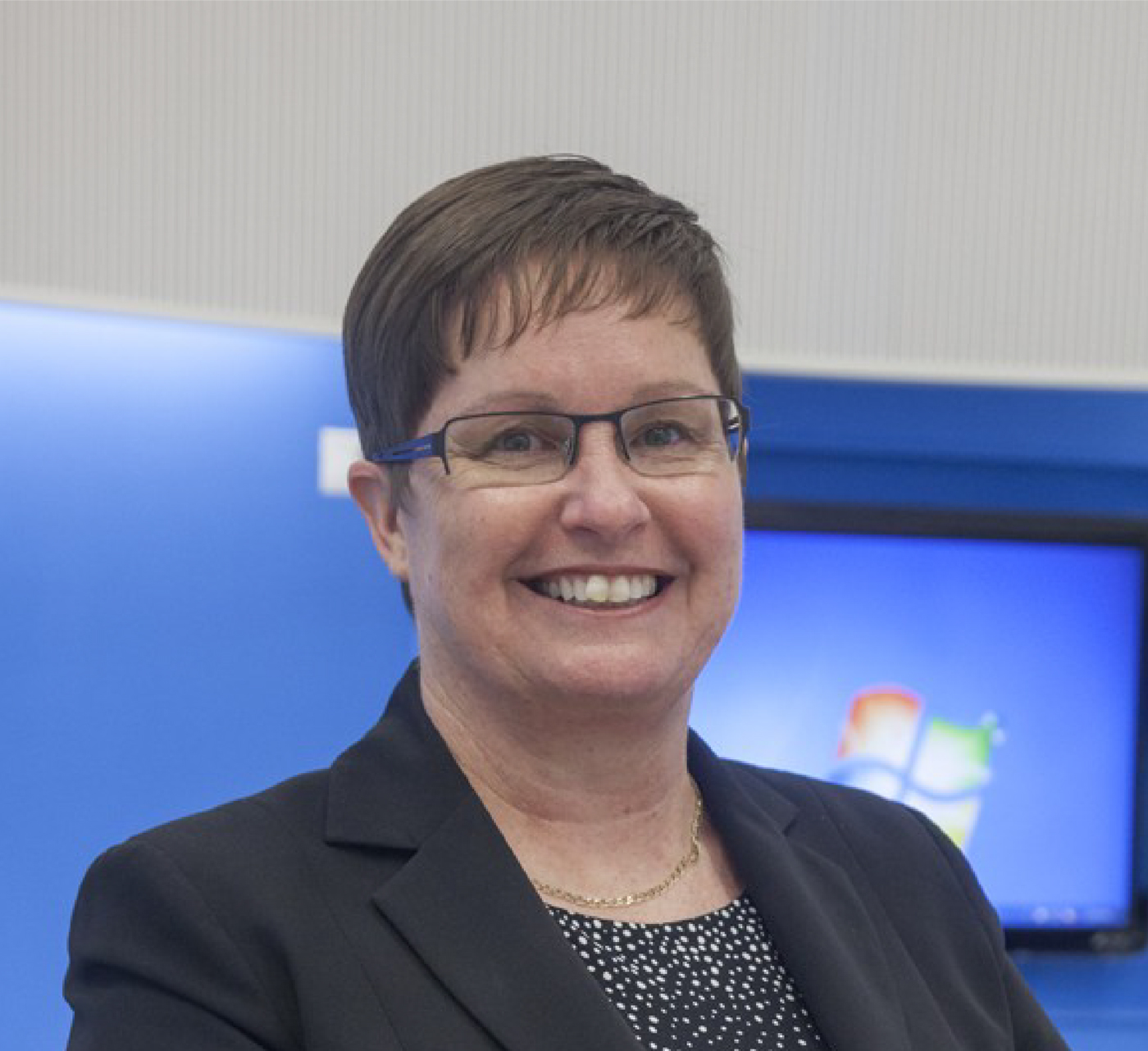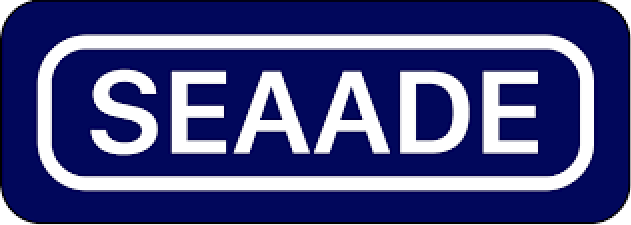
Susan Bridges
The University of Hong Kong
ABOUT THE SPEAKER
After completing doctoral studies in internationalisation of higher education and a Research Fellowship in Australia, Susan Bridges moved into dental education at The University of Hong Kong. She is currently Associate Professor and Assistant Dean (Curriculum Innovation) with the Faculty of Education and the Centre for the Enhancement of Teaching and Learning (CETL), Honorary Associate Professor with BIHMSE at the LKS Faculty of Medicine and Adjunct Professor with the Australian Catholic University.
She works in curriculum re-design and staff development in higher education with a particular focus on professional programmes (health professions and teacher education). Her research explores the ‘how’ of effective pedagogy and health communication through interactional and ethnographic approaches. She is the principal investigator of 4 HKSAR General Research Fund (GRF) grants and has current funded collaborations with interactional researchers in the US and Finland.
She was awarded teaching excellence awards in Hong Kong in 2012 (Team Award) and at the QS Wharton Re-Imagine Education Awards in 2016 (Bronze Asia). In 2016 she was invited to join the Steering Group of the Universitas21 (U21) Education Innovation cluster to further support excellence and innovation in higher education across this research-intensive network. She was shortlisted for the 2018 Fulbright Scholar Program.
Lecture's Synopsis
Lecture: Visualisations and technologies in facilitated dialogues
This presentation will draw upon a recently completed interdisciplinary HKSAR-funded Interactional Ethnography (IE) of technology-enhanced problem-based and case-based learning across three undergraduate health sciences curricula: Dentistry, Medicine, and Speech-Language Pathology (GRF ref: 17100414). The findings from our team’s analyses of tutorial video recordings across these three curricula are indicating new learning processes and facilitation strategies across health professions education that are illustrating the potential of technology-enhanced dialogues for clinical education in a digital era. In this presentation, I will elaborate on our developing conceptualisation of the notion of ‘dialogic intervisualising’ by illustrating how we continue to explore the archive to further examine the interplay between information management, multimodal texts and purposeful, facilitated dialogue for deep knowledge co-construction within and across learning events in problem-based and clinical tutorial contexts.
Workshop 2: Clinical communication & curriculum design for dental education
In this workshop, we will examine a range of approaches and tools currently used to support and assess dental students’ development of clinical communication capabilities and competencies. Drawing on previous work with colleagues at the Faculty of Dentistry at the University of Hong Kong, I will share initiatives and resources developed across University Teaching Development Grants and supervision of postgraduate researchers that aimed to support the explicit teaching, learning and assessing of effective interactions in clinical dentistry across the years of the curriculum. A particular focus of this workshop will be to consider a developmental approach towards integrated and coherent planning across the years of the curriculum. Participants will be invited to consider curriculum alignment whilst reviewing the approaches and tools in the workshop.
Workshop 4: Developing assessor judgments in standards-based approaches in dental education (Dr Susan Bridges & Professor Michael Botelho)
Outcomes-based models in higher education recognize the centrality of standards-based assessment in fulfilling the goal of curriculum coherence through ‘ constructive alignment’. The writing of clear yet nuanced descriptors or standards specifications proves to be a continuing challenge in higher education, especially in performance-based tasks. This workshop aims to take this mission forward by examining one assessment type: performance-based tasks in undergraduate dentistry. In this workshop, we will share various models and approaches to identifying and writing standards descriptors/ assessment rubrics for dental education. We will also problematize the use of scalar attributes such as ‘excellent’, ‘good’, ‘unsatisfactory’ in denoting criteria and explore methods to best capture salient features considered by assessors to be central to task performance across levels.
CONTACT US
International Medical University,
No. 126, Jalan Jalil Perkasa 19,
Bukit Jalil, 57000 Kuala Lumpur, Malaysia





